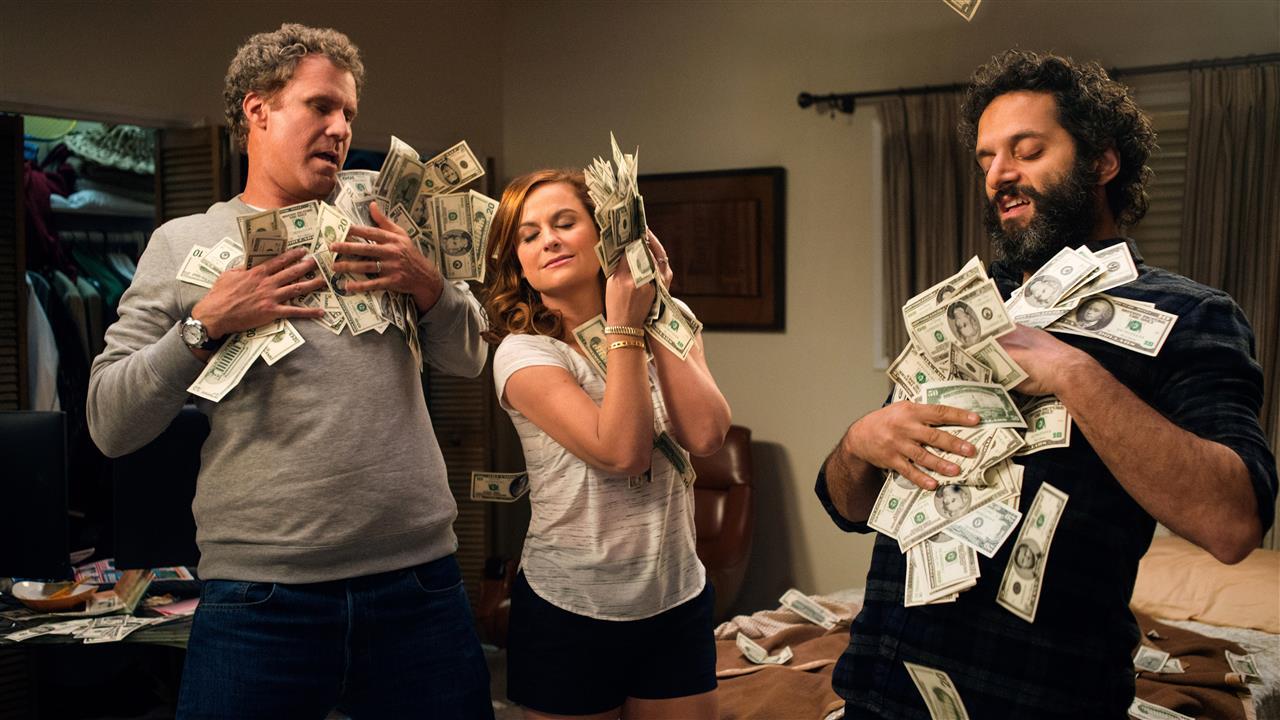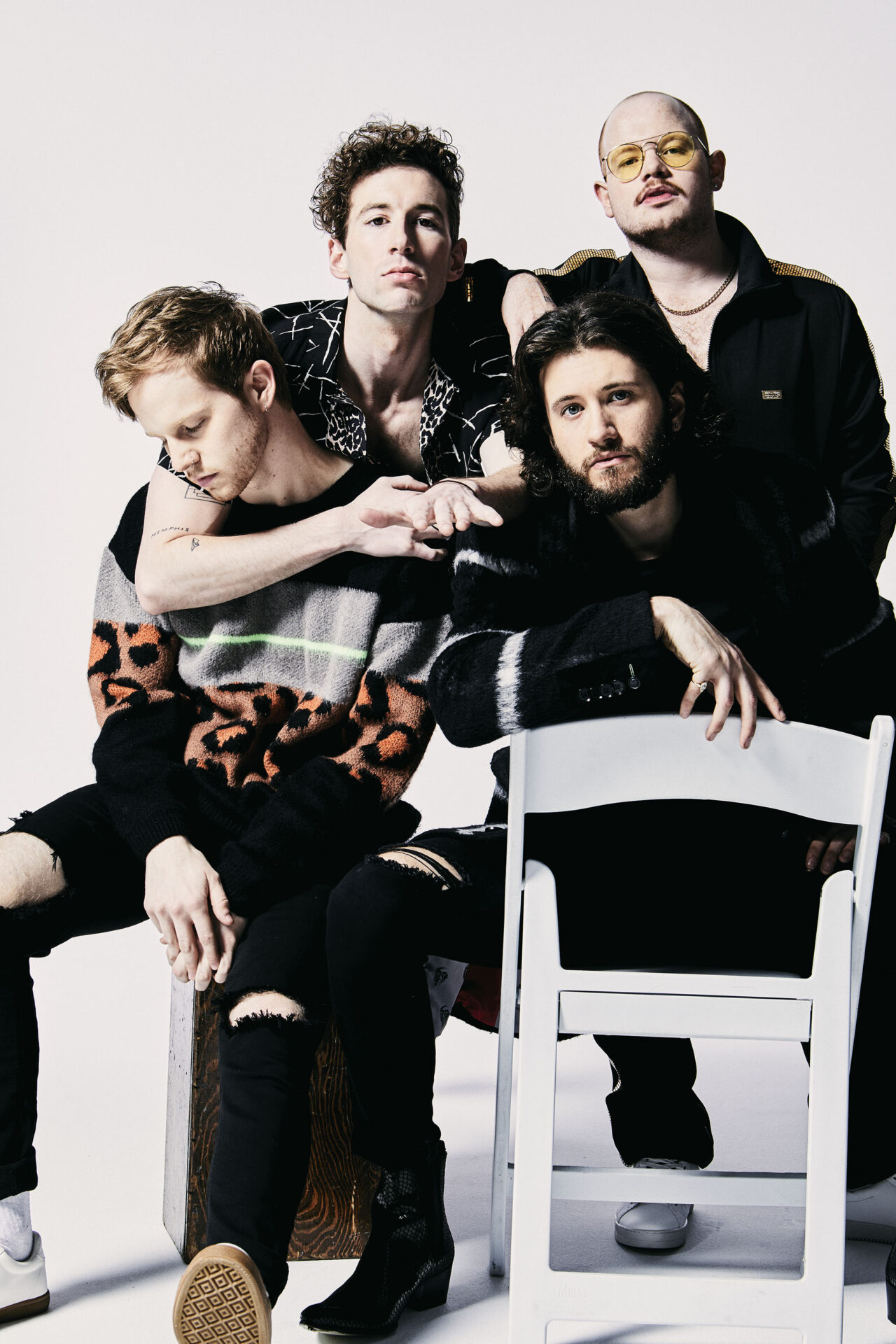We live in a post-shock comedy world. In the age of digital media, where more than enough content is available for free at the click of a button to keep someone busy for the entirety of their lives, we as a culture have seen it all. Raunch alone cannot sustain a modern comedy, yet every year we continue to see star-heavy features with flimsy plots about wedding dates, rough nights, lifeguards, and the like that try to argue otherwise. The latest of these razor thin tales is The House, which finds Will Ferrell and Amy Poehler portraying suburban parents who open an underground casino to pay their daughter’s tuition. I quite enjoyed the film compare to other R-rated comedies as of late, but only marginally so.
Set in a fictional suburb where every adult frequents town hall meetings and everyone speaks like they’re doing their third or fourth improvised take, The House runs less than ninety-minutes in length and still manages to feel fifteen minutes too long. After learning a local scholarship they counted on to help pay their only daughter’s tuition disappears due to a town budget crisis, Scott and Kate Johansen join forces with their oddball neighbor Frank (Jason Mantzoukas) to open a casino in Frank’s house. The trio invite only a few select people at first, but their illegal establishment soon becomes the talk of the town, and before long the success begins to go to their heads.
Life at the casino is rowdy. As popularity grows updates are made, and with more people come higher bets. There is even a fight club. But then, roughly two-thirds into the movie, things take an inexplicably erratic turn following an incident involving a man suspected of cheating that gets more than a little out of hand. It’s at this point that The House loosely begins to spoof Casino, with Ferrell, Poehler, and Mantzoukas inexplicably transforming into rough and tumble suburban thugs overnight who are drunk on their own power. They attack their neighbors, making violent threats against anyone who owes them money, with complete disregard for law and relationships. This, all while the Johansens are trying to help their daughter and Frank is working desperately to win back his wife.
At no point in The House does anyone question the fact these three people, all of whom have belonged to this community for years, are taking money from their family and friends so that one girl can go to college. Surely in this fictional town there are others with similarly aged children, yet no one seems to mind turning their money over to the Johansen’s so their only child can go to the school of her choice. People also do not question the third act change in attitude. No one questions anything, and as a result the film has no anchor to tether it to reality. Nothing lands as hard as it should because it is happening in a universe that is not our, despite at times looking awfully familiar.
Everyone involved in this film has extensive improv history, but in part its the looseness of the humor in The House that gives it a faulty foundation. It plays more like a series of skits around a similar theme than a cohesive narrative. Every laugh is scattershot, with people doing whatever is needed to get as many one-liners or tags into each moment, often in ways that feel edited together from numerous takes. The story progresses, but there is no real arch to the madness of the plot. Things just happen, often inexplicably, then people accept them at face value and continue on. The whole film comes across infuriatingly simple as a result, and it ultimately struggles to hold your attention despite being under an hour and a half in length and boasting two villains.
The House could have been something great, but instead the movie takes a chance on slapdash antics that never build to anything memorable. It’s a waste of everyone involved, but for those in desperate need of a chuckle there are some laughs to be found.













